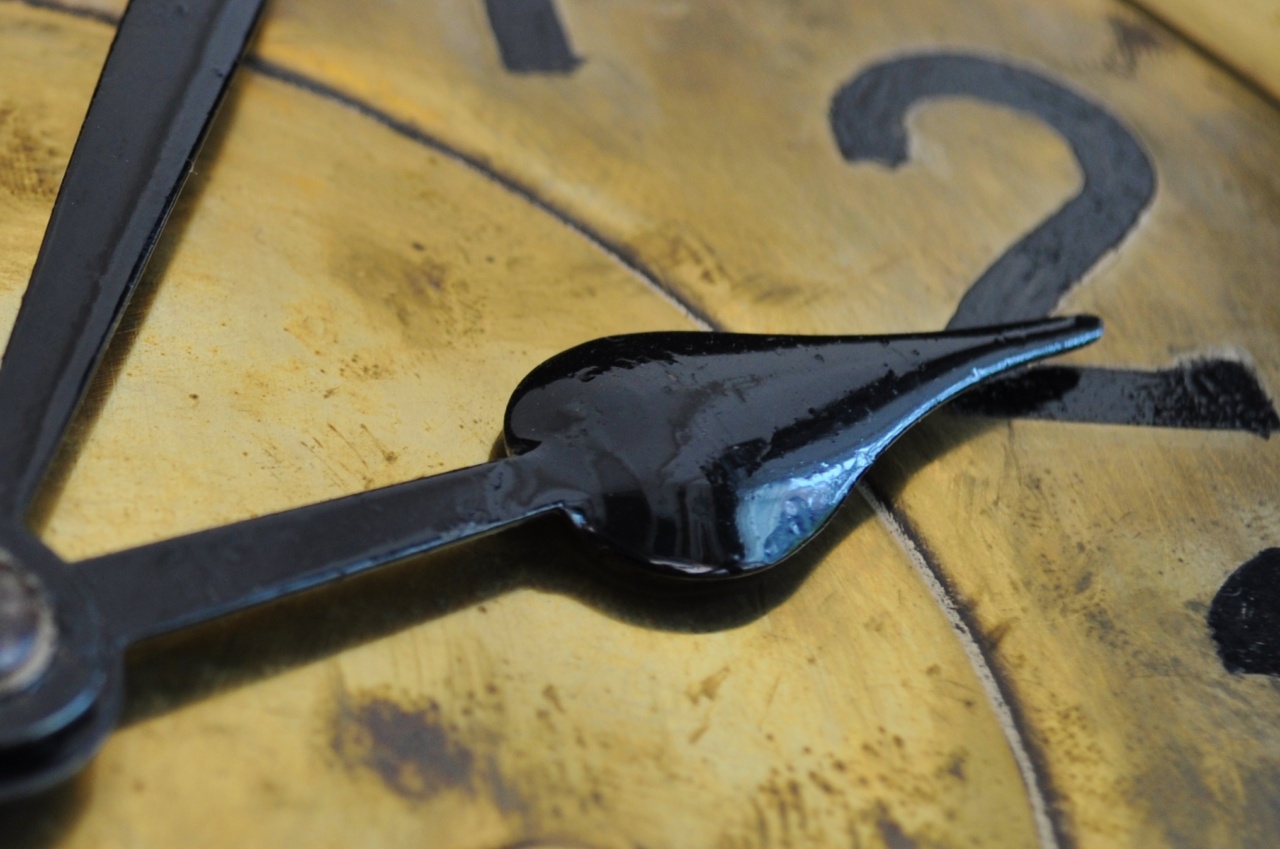The concept of time is an integral part of human existence. We use time to measure the duration of events, keep track of appointments, and plan our daily activities.
But have you ever wondered how our brain manages to keep track of time so accurately? How does it know when a minute has passed or when an hour has gone by? The answer lies in the timekeeping abilities of our well-tuned brain.
The Circadian Clock: Our Internal Body Clock
One of the primary timekeeping mechanisms in our brain is the circadian clock, also known as our internal body clock. This clock regulates our daily rhythms and helps us maintain a sense of time.
It is responsible for keeping our sleep-wake cycles in check, regulating hormone levels, and controlling body temperature.
Located in a region of the brain called the suprachiasmatic nucleus (SCN), the circadian clock is synchronized with the 24-hour day-night cycle.
It receives signals from the retina in response to variations in light and dark, enabling us to synchronize our internal rhythms with the external environment.
The Importance of the Circadian Clock
The circadian clock plays a crucial role in various physiological and behavioral processes. It helps regulate our sleep patterns, ensuring we are alert during the day and able to rest at night.
Disruptions to the circadian rhythm, such as those experienced during shift work or jet lag, can lead to sleep disturbances, mood changes, and impaired cognitive function.
Furthermore, the circadian clock influences our body’s metabolism and energy regulation. It controls the release of hormones like cortisol, melatonin, and growth hormone, which impact our overall health and well-being.
Disruptions to the circadian rhythm have also been linked to an increased risk of developing chronic conditions such as obesity, diabetes, and cardiovascular disease.
The Interval Timing System
In addition to the circadian clock, our brain also possesses another timekeeping mechanism known as the interval timing system.
This system is responsible for measuring the duration of events and intervals, allowing us to perceive time on a smaller scale.
The interval timing system is closely associated with regions of the brain involved in memory and attention.
It helps us estimate durations ranging from milliseconds to minutes, allowing us to navigate time-dependent tasks such as cooking, playing sports, or having conversations.
Neural Networks Involved in Timekeeping
Both the circadian clock and the interval timing system rely on specific neural networks within the brain to carry out their timekeeping functions.
Within the circadian clock, the suprachiasmatic nucleus (SCN) acts as the central pacemaker. It receives input from the retina, which helps synchronize its rhythm with the external light-dark cycle.
The SCN then sends signals to other brain regions, such as the pineal gland, to regulate the release of melatonin, a hormone involved in sleep-wake cycles.
In the interval timing system, several brain regions work together to measure and process time intervals. The prefrontal cortex, basal ganglia, and cerebellum are key players in this system.
The prefrontal cortex helps in attentional control and working memory, while the basal ganglia and cerebellum are involved in motor control and coordination.
The Role of Neurotransmitters in Timekeeping
Neurotransmitters, chemical messengers in the brain, also play a role in timekeeping. Dopamine, a neurotransmitter involved in reward and motivation, has been found to be critical in interval timing.
Experimental studies have shown that manipulating dopamine levels can alter an individual’s timing perception.
Similarly, other neurotransmitters such as serotonin and norepinephrine have been implicated in modulating the circadian clock.
Imbalances or disruptions in the levels of these neurotransmitters can lead to disturbances in sleep-wake cycles and overall time perception.
Disorders and Time Perception
Disorders affecting the circadian clock and interval timing system can have profound effects on an individual’s time perception.
One such disorder is known as “circadian rhythm sleep-wake disorder,” where individuals experience difficulties aligning their sleep patterns with the 24-hour day-night cycle.
This disorder can lead to chronic sleep disturbances, excessive daytime sleepiness, and impaired cognitive function.
Other conditions, such as attention deficit hyperactivity disorder (ADHD), have also been associated with deficits in timekeeping abilities. Individuals with ADHD often struggle with time estimation and exhibit poor time management skills.
Manipulating Time Perception
Understanding the mechanisms behind our brain’s timekeeping abilities opens up possibilities for manipulating time perception.
Researchers have explored the use of external cues, such as light exposure, in regulating the circadian clock to alleviate symptoms associated with circadian rhythm disorders.
Furthermore, studies have investigated the effects of pharmacological interventions on timing perception.
Drugs that target neurotransmitter systems involved in timekeeping, such as dopamine agonists or selective serotonin reuptake inhibitors, have shown potential in modulating time perception.
Conclusion
Our brain is equipped with remarkable timekeeping abilities, thanks to the well-tuned functioning of the circadian clock and the interval timing system.
These mechanisms ensure that we can perceive time accurately, regulate our daily rhythms, and navigate time-dependent tasks effectively. Disruptions to these systems can have significant impacts on our overall well-being and cognitive function.
Continued research in this field promises to unveil new insights into the intricate workings of our brain’s timekeeping abilities and opens up possibilities for interventions to improve time perception in various contexts.


























